Although President-elect Donald Trump's announcement that he would carry out the largest deportation campaign in US history has yet to come to fruition, the specter of changes under his administration has loomed over the country.
 |
| The restaurant and hotel industry is one of the industries that could be most affected by immigration restrictions. (Source: Getty Images) |
For restaurant owner and Mexican immigrant Sam Sanchez, the implications were "clear as day" after a visit to Little Village, Chicago's "Mexico of the Midwest" neighborhood, this week.
“A lot of restaurant owners here tell me their sales are down 50%. Employees are starting to worry and wonder, ‘Should I go to work? Do I have a chance? The biggest concern is that restaurants will close without employees, and this is just an industry where millions of people work without proper residency papers,” Sanchez said.
According to the Center on Global Migration at the University of California-Davis, there are an estimated 10.5 million undocumented immigrants residing in the United States. Of those, only about 8.5 million are employed.
Business owners, industry associations and economists have warned that mass deportations of undocumented immigrants, coupled with tighter border measures and the rollback of Biden-era protections, could have a dramatic impact on the U.S. labor market and economy.
Critical industries such as agriculture, leisure and hospitality, construction and healthcare are likely to be the most impacted.
"The shrinking (supply) of labor at a time when these industries need more workers and are having difficulty finding workers will obviously slow things down. The size of the industry will shrink, the positions that need to be filled will not be filled, some companies will be forced to close or operate at a low level. This will lead to a series of spillover effects that will slow economic growth," said Giovanni Peri, an economist and director of the Center for Global Migration at the University of California-Davis.
Mass deportations of undocumented immigrants could eliminate half of the farm workforce, causing massive food waste and posing a risk to the nation's food security, according to Ron Estrada, executive director of the advocacy organization Farmworker Justice.
“They are the front lines of our food system,” Estrada said, noting that many have been working in America’s fields for years, with an estimated 85 percent of migrant farmworkers arriving in Washington more than 10 years ago.
The current immigration system does not allow for green cards for farm workers. Although temporary farm visas, known as H-2A visas, exist, there is currently no way to legalize foreign workers for this work.
Economists say the deportations could exacerbate the labor shortage in the food and agriculture industries, leading to soaring prices. Not to mention, there are few native-born workers who want to take on these jobs.
“Very few American workers are willing to do it, and that's happening in almost every state,” Estrada said.
While businesses and associations and organizations are sounding the alarm about the possibility of serious labor shortages along with economic challenges, economists point out that it is necessary to go back a few years to see how labor shortages have hindered economic recovery.
“We’ve been through it. The pandemic flattened industries and restaurants and hotels were among the hardest hit, with millions of jobs disappearing overnight,” Sanchez recalled.
After the unemployment benefits were extended to affected workers, demand for workers far exceeded supply for a variety of reasons, including health and safety concerns, caregiving needs, and career transition goals. It took years for the U.S. hospitality industry to have the same workforce as before the pandemic.
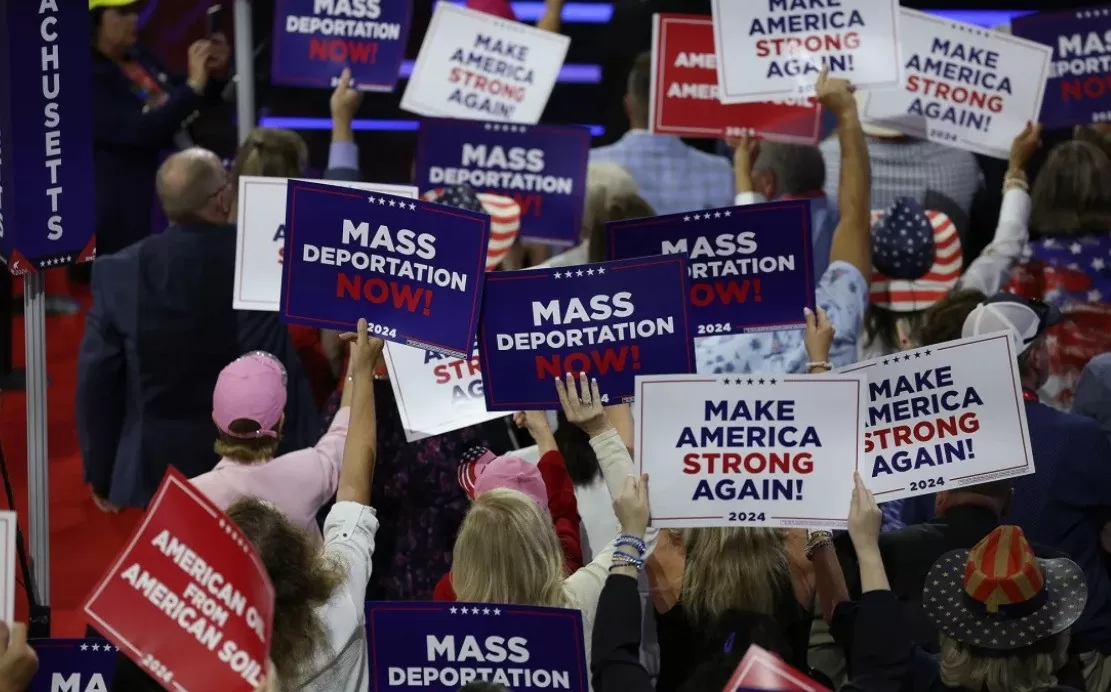 |
| A crowd supports Donald Trump's immigration restrictions at a Republican convention in Milwaukee, Wisconsin, on July 17. (Source: Getty) |
As the economy reopens, restaurants are only able to operate “two days, three days a week, because there’s no workforce.” And the workforce that is available and willing to work “is mostly people who don’t have unemployment benefits. Immigrants who have been working here for the last 30, 40 years and they’re all paying taxes,” Sanchez said.
JPMorgan chief economist Michael Feroli predicts that if immigration flows return to pre-2020 levels, there will be a job loss of 100,000 positions per month.
Julia Pollak, head of economics and policy at the job site Ziprecruiter, noted that studies show that deporting immigrant workers can even reduce employment and income for native-born workers. She also said that implementation may vary from state to state.
Source: https://baoquocte.vn/dot-truc-xuat-lon-nhat-lich-su-nuoc-my-can-ke-lao-dong-nhap-cu-phap-phong-truoc-gio-g-294752.html


![[Photo] Russian military power on display at parade celebrating 80 years of victory over fascism](https://vphoto.vietnam.vn/thumb/1200x675/vietnam/resource/IMAGE/2025/5/9/ce054c3a71b74b1da3be310973aebcfd)

![[Photo] General Secretary To Lam and international leaders attend the parade celebrating the 80th anniversary of the victory over fascism in Russia](https://vphoto.vietnam.vn/thumb/1200x675/vietnam/resource/IMAGE/2025/5/9/4ec77ed7629a45c79d6e8aa952f20dd3)
![[Photo] Magical moment of double five-colored clouds on Ba Den mountain on the day of the Buddha's relic procession](https://vphoto.vietnam.vn/thumb/1200x675/vietnam/resource/IMAGE/2025/5/9/7a710556965c413397f9e38ac9708d2f)

![[Photo] Prime Minister Pham Minh Chinh chairs a special Government meeting on the arrangement of administrative units at all levels.](https://vphoto.vietnam.vn/thumb/1200x675/vietnam/resource/IMAGE/2025/5/9/6a22e6a997424870abfb39817bb9bb6c)




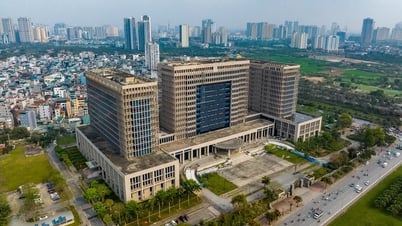



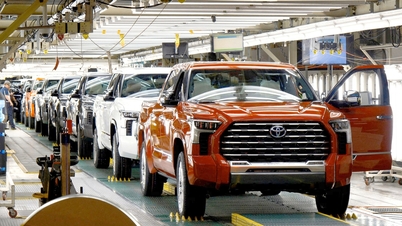





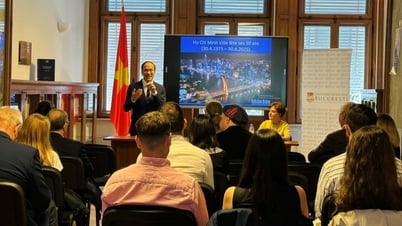









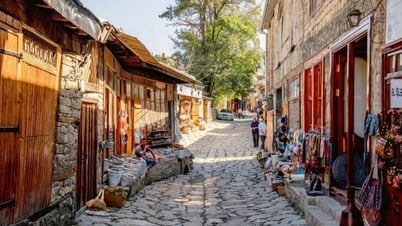































































Comment (0)